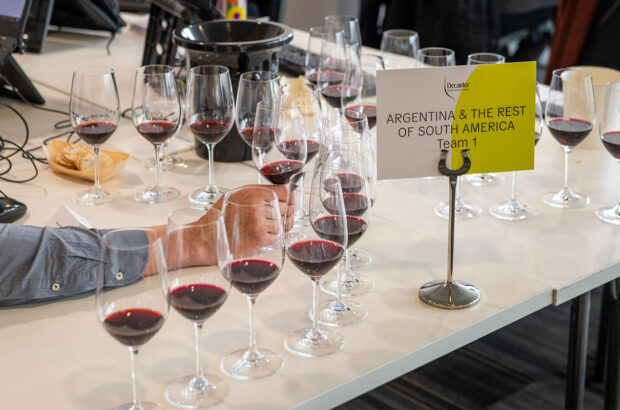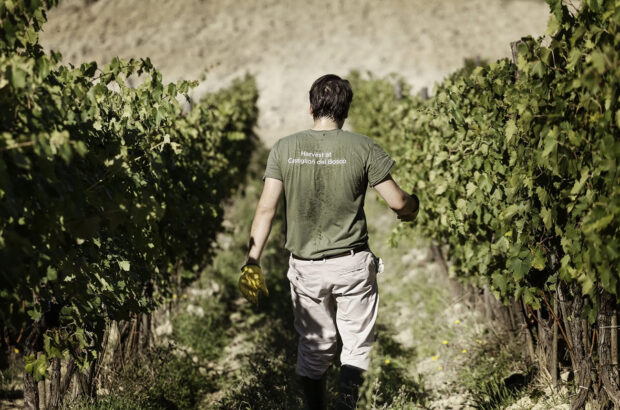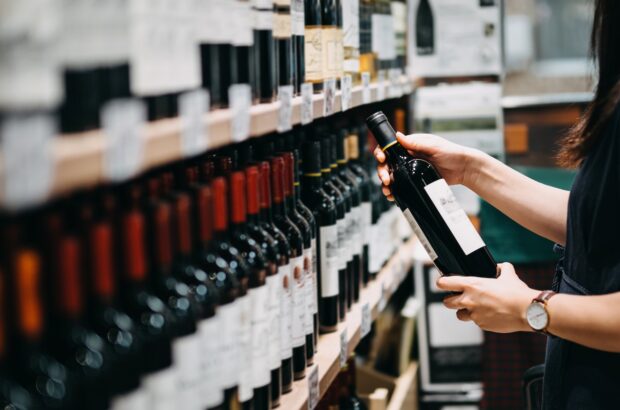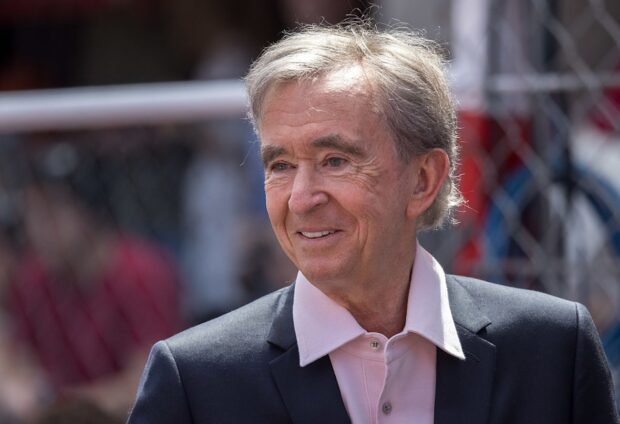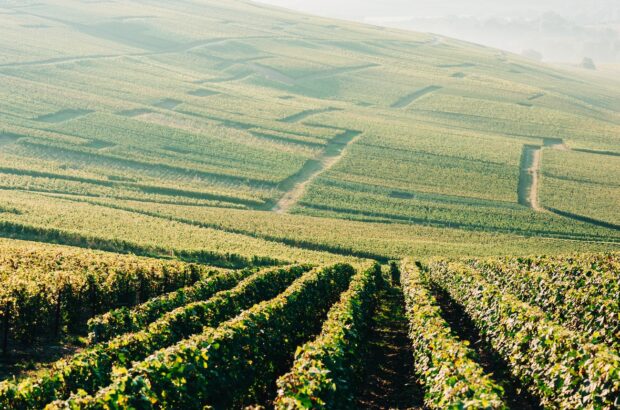Château de Beaucastel in Châteauneuf-du-Pape has provided a snapshot of the fight against mildew that many French winemakers have faced in the 2018 growing season, estimating that this year's crop was half of its normal size.
A rare mildew attacked both flowering and leaves at the end of May, and that is likely to result in a yield of just 12 hectolitres per hectare at Château de Beaucastel in 2018, according to co-owner César Perrin.
That is less than half the normal average yield, which is around 26 hectolitres per litre, he said.
‘The last time this happened was in 1947,’ Perrin said of the ‘very sudden’ attack in late May. ‘This was my father’s (Francois Perrin) 40th vintage, and he could not believe what he saw.’
Grenache has been worst hit, he added, speaking at the launch of a multi-million euro renovation project for Beaucastel.
Despite optimism for 2018 vintage quality as a whole, many French winemakers have spoken of the unusually fierce battle against mildew in 2018; it has been a particular problem in parts of Bordeaux.
Hot and humid conditions in the early summer period helped the disease to spread.
In the southern Rhône, ‘at least the Mistral winds helped to aerate the vines, so we were able to de-leaf and save most Syrah and Mourvèdre, which were not initially attacked’, said Perrin.
‘Because the estate is organic, it only uses the traditional sulphur-copper mix known as bouillie bordelaise to treat vines. But it was able to save the other main grapes in the blend.’
Organic vs biodynamic – ask Decanter
The Beaucastel 2018 blend may have as little as 15% Grenache and more than the usual 30% Mourvèdre.
‘Maybe we will have 40% Mourvèdre in 2018,’ Perrin said.
Château de Beaucastel is one of the largest producers committed to organic farming in Châteauneuf-du-Pape, and the estate’s philosophy goes back decades.
According to César Perrin, non-organic estates in 2018 ‘had a very nice vintage, because they were able to use chemical products to deal with the mildew, but we cannot comment on the quality yet as we need to taste the wines.’
Coming soon: A report on the renovation plans at Beaucastel



